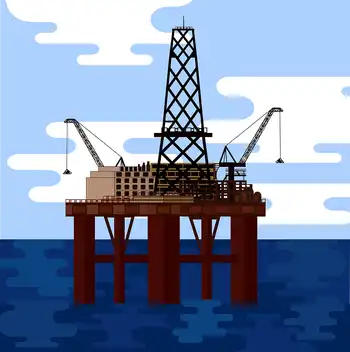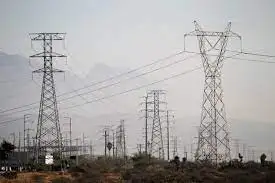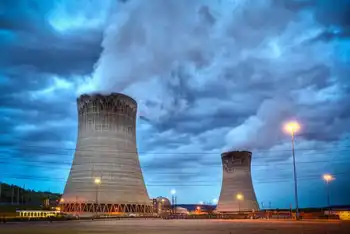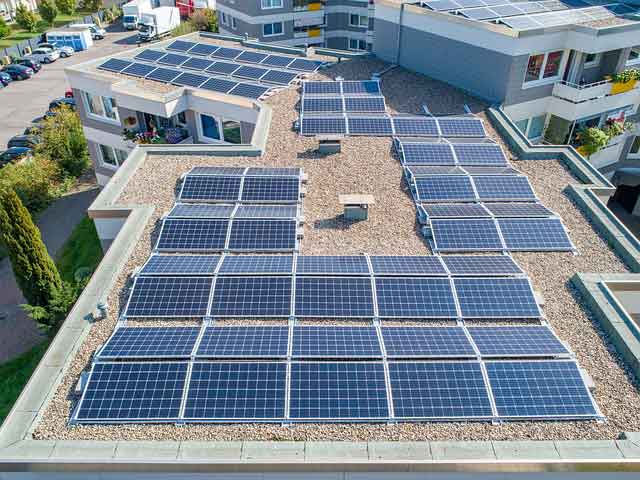Report foresees carbon tax on polluting countries
By Toronto Star
Substation Relay Protection Training
Our customized live online or in‑person group training can be delivered to your staff at your location.

- Live Online
- 12 hours Instructor-led
- Group Training Available
The investment bank's report says the economies of China, India and other developing countries have expanded so much that they now surpass the established industrialized world in belching out carbon dioxide pollution blamed for climate change.
"It becomes absurdly quixotic to ban coal plants in North America while at the same time China's got 570 coal plants slated to go into production between now and 2012, 30 plants between now and the Olympics," CIBC economist Jeff Rubin said.
"We're moving in opposite directions."
With some advanced countries enacting carbon taxes, carbon trading systems and other measures to lower emissions, CIBC believes the growing pollution from developing countries will provoke penalties against their exports.
That would benefit the environment, and will also bring certain jobs back to North America, since carbon emission taxes and high oil prices would offset the benefit of cheap labour, Rubin says.
"Chinese goods will have to pay for the carbon that they emitted and they'll pay for that when they enter our market place by paying that tariff," Rubin said in an interview.
"Once we impose the tariff on Chinese goods, some of those industries will be coming home, because... energy and carbon efficiency is going to matter more than labour costs."
Non-metallic mineral products – cement, glass and lime – with energy intensity 130 per cent higher than the Chinese industrial average, are likely to return to North America, as well as the printing, primary metal manufacturing and machinery industries.
Rubin believes the tariff, based on $45 per tonne of carbon dioxide or equivalent, would raise roughly $55 billion a year from Chinese exports to the United States, and raise U.S. consumer price inflation by more than 0.6 percentage points.
Many in the West assumed that since industrialized nations were primarily responsible for the historical build-up of greenhouse gases in the world, they should bear the brunt of efforts to cut back, a view that underpinned the Kyoto Protocol in 1997, which exempted developing countries.
But Rubin sees a shift in sentiment.
"What I'm suggesting is that the minute that we start putting a price on our own domestic emissions, then our tolerance of those who do not is going to fade very quickly," he said.
"What we're going to say is that if you don't play by the same carbon rules, that's an unfair trade subsidy that we're gong to countervail against."
British Columbia became the first jurisdiction in North America to introduce a carbon tax on consumers in February, when the provincial government announced that starting July 1, it will introduce an escalating carbon tax of $10 per tonne of carbon or about 2.4 cents on a litre of gasoline.
The tax will be applied to most fossil fuels such as gasoline, diesel, coal, propane, natural gas and home heating fuel. The levy will rise to $30 per tonne of carbon – about 7.2 cents on a litre of gasoline – by 2012.
But such taxes have yet to catch on in the rest of the country. Federal Environment Minister John Baird said earlier this month the Conservatives would continue with regulations targeting big polluters to control carbon emissions rather than taxes.
Alberta, by far the largest greenhouse gas emitter in Canada, opposes a carbon tax, and both Ontario and Manitoba have said they won't consider it. Quebec, for its part, introduced a form of carbon tax last year that directs revenues to initiatives supporting green technology.
Europe, which is well ahead of North America in terms of domestic carbon pricing, is already talking about a carbon tariff that it can apply to imports from countries that don't play by the same carbon rules, the CIBC report said, adding that concept is likely to gain currency in the U.S. and Canada.
"We're going to be following the Europeans," Rubin said.
"It doesn't matter who wins the White House after the next election, both (Republican nominee John) McCain, (Democratic contenders Barack) Obama and (Hillary) Clinton are all on record for cap-and-trade, and putting a price on carbon emissions on the U.S. economy.
"When that happens, you can rest assured that we'll follow suit here in Canada."











